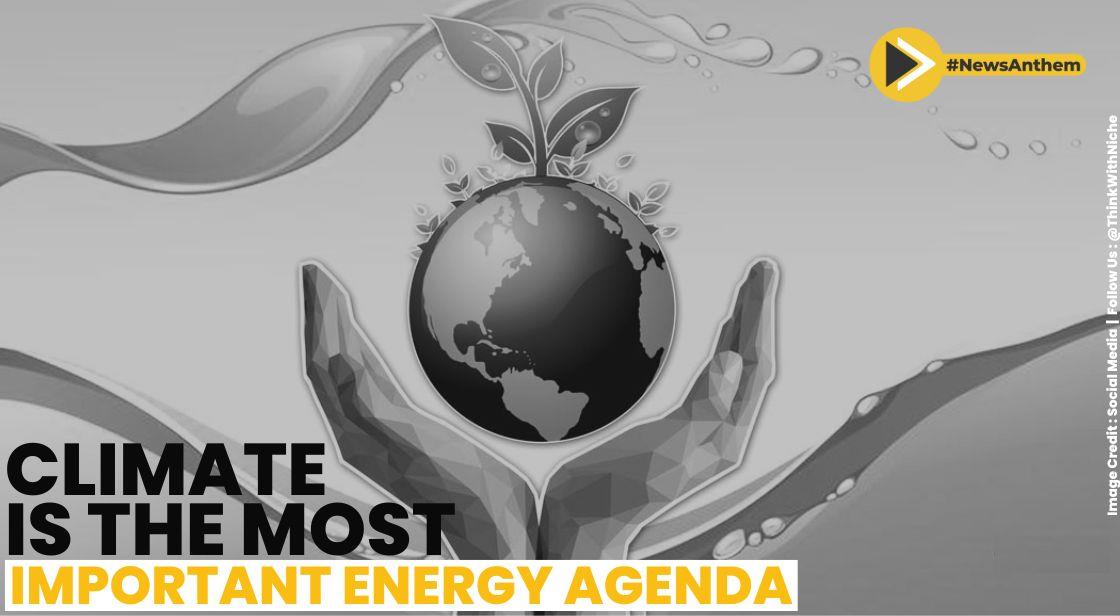Climate Is The Most Important Energy Agenda: World Population Review

News Synopsis
According to estimates from the independent organisation World Population Review, India will have the world's biggest population at the beginning of 2023, surpassing China. As a result, India's concerns about environmental protection influence the entire world.
Many environmental issues, such as global warming, ocean acidification, and air pollution, are worldwide in scope and nature, and their efficient management necessitates international collaboration. Without global efforts, these problems would intensify and have a bigger impact on the globe.
Prime Minister Narendra Modi stated it this way: "We, the present generation, have the responsibility to act as trustees of the rich natural wealth for the future generations. The issue is not merely about climate change; it is about climate justice." The issue of justice and inequality is very important.
It is no secret that energy consumption and its environmental impact are much higher in developed countries than in developing countries; according to UN estimates, the top polluting countries per capita include Canada, the United States, and Germany, while the least economically developed countries, particularly India, suffer the most from environmental issues.
But there has to be something we're all missing. That is what it means to be one. Rather than blaming particular countries, industries, or businesses for climate change, we must get motivated, join together, and take common real action.
There are no models, but Russia possesses the world's largest national territory. According to International Energy Agency figures from 2018, Russia emitted 1,587.02 megatons of CO2, a drop of 26.65% from 1990. As a result, it is important to look into what is occurring in Russia right now and what measures are being undertaken by Russian entities such as Rosneft, a large oil corporation.
Rosneft has vast expertise in project implementation in collaboration with its Indian partners. The company promotes mutually beneficial collaboration, which is evolving in an integrated manner along the full technical chain, from petroleum product production to refining and sale.
ONGC Videsh Ltd, Oil India Limited, Indian Oil Corporation, and Bharat Petroresources have held 49.9% of Rosneft subsidiary Vankorneft since 2016. The Krasnoyarsk-based corporation is developing the Vankor oil and gas condensate field, the largest discovered and commissioned in Russia in the previous 25 years.
Taas-Yuryakh Neftegazodobycha, which has licenses to blocks in the Central Block of the Srednebotuobinskoye field and the Kurungsky licence area, is also owned by an Indian consortium comprised of Oil India Limited, Indian Oil Corporation, and Bharat Petroresources. Over the previous four years, the total payments to Indian partners and profits from participation in joint ventures has been over $5 billion.
Rosneft, a member of the UN Global Compact since 2010, has become the first Russian corporation to establish the strategic aim of achieving carbon neutrality in Scopes 1 and 2 by 2050.
You May Like









